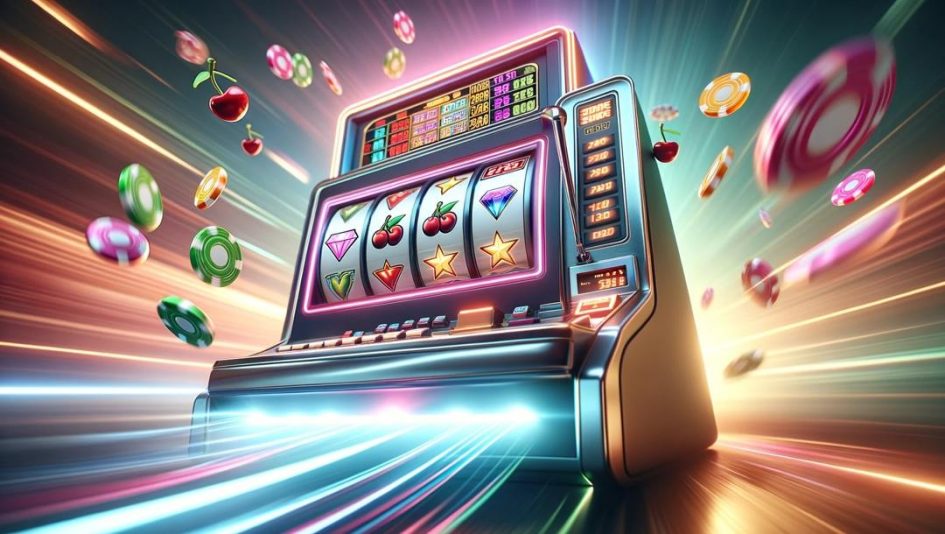Casinos and slot machines have a long and fascinating history, spanning centuries and evolving with society. From ancient gambling practices to modern online platforms, the gambling industry has undergone significant transformations, influenced by culture, psychology, and technology.
Let’s trace the journey of casinos and slot machines over time and discover how old casinos turned into new slot machines.
Ancient origins of gambling
Gambling dates back to ancient times, with traces found in ancient civilizations. The Chinese played gambling games with dice more than 2,000 years ago, and in ancient Rome, gambling was popular among both the elite and the common people. Roman soldiers enjoyed dice games, while Greeks held competitions in various betting games for money.
Gambling traced back to ancient civilizations, including:
- Ancient China;
- Ancient Greece;
- Ancient Rome.
The emergence of the first casinos
The first official casino, known as “Il Ridotto”, was established in Venice in 1638. It was created to regulate gambling during the carnival season, offering a safe and controlled environment for gaming. Il Ridotto provided players with the chance to try games like cards and roulette, becoming a significant cultural center in Venice.
During the 18th century, the idea of a casino spread across Europe, eventually leading to iconic establishments such as the Monte Carlo casino in Monaco, popular among aristocrats and wealthy travelers. Over time, casinos became associated with luxury and exclusivity but soon grew popular among a wider audience.
The invention of slot machines
The first slot machines emerged in the late 19th century. In 1891, the New York-based Sittman and Pitt company developed a mechanical slot machine with five reels displaying playing card images. This prototype allowed players to win prizes in bars, though it didn’t dispense coins. Rewards were often symbolic, like a free beer or cigar.
A real breakthrough came in 1895 when mechanic Charles Fey from San Francisco invented the first fully automatic slot machine, known as the “Liberty Bell”. This machine featured three reels with five symbols: horseshoes, stars, diamonds, hearts, and the main symbol, the Liberty Bell. Players could win a jackpot if three Liberty Bells lined up on a single payline. The Liberty Bell became the foundation for modern slot machines and marked the start of an era of automated gaming.
Key features of early European casinos:
- Safe and controlled environment for various games;
- Featured games: card games, roulette.
The development of electronic slot machines
With the advent of electronics in the mid-20th century, slot machines underwent rapid evolution. In 1964, Bally introduced the first fully electromechanical slot machine, “Money Honey”, capable of paying out larger jackpots, and it quickly became popular. In 1976, the Fortune Coin Company created the first video slot, sparking a new era in the gaming industry.
These video slots allowed for more reels and paylines, making gameplay more engaging. The introduction of Random Number Generators (RNG) further ensured fairness and unpredictability, strengthening players’ trust in the machines.
Modern history and the following technology
Today, slot machines are sophisticated computer systems offering players an immersive and realistic experience. New technologies like Virtual and Augmented Reality (VR and AR), Artificial Intelligence (AI), and blockchain are actively being integrated into the industry. VR slots, for example, allow players to step inside virtual casinos, creating a more interactive and personalized experience.
With blockchain technology, entirely transparent and fair crypto-based online casinos have emerged, attracting new players. Thanks to AI, online casinos now offer personalized recommendations tailored to players’ interests and preferences.
The history of casinos and slot machines is one of evolution, innovation, and adaptation. From ancient games to today’s virtual casinos, gambling continues to transform and remain relevant in culture and economics. As technology advances, gambling will become even more interactive and personalized, offering players greater variety and exciting experiences.
